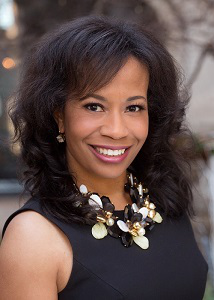Kamala Harris Has No Problem Being Black, But Why Doesn’t She Say Publicly She’s Part Asian?Posted in Articles, Asian Diaspora, Media Archive, Politics/Public Policy, United States on 2019-07-23 00:39Z by Steven |
Kamala Harris Has No Problem Being Black, But Why Doesn’t She Say Publicly She’s Part Asian?
Diverse: Issues In Higher Education
2019-06-30
Kamala Harris likes to say she’s American. Of course. But she’s not generic. Her racial subtext is this: On her father’s side she’s half-Jamaican, and on her mother’s side she’s half-Asian Indian. Harris should say it proudly and often. Because there’s a lot of misunderstanding out there. Just ask Donald Trump Jr.
He never heard that she was half-Asian (Then again, he thought that meeting in Trump Tower was about Russian adoptions or something).
When it comes to Harris, I like pointing out her Asian side often because wouldn’t that be cool to have the first Asian American president of the United States be half-Black and a woman?
The 2020 Democratic presidential field is nothing but diverse, filled with a demography of riches. There’s men, women, young, old, gay, straight, from North, South, East, West, and Wester (Hawaii), Blacks, Latino and Asians, all of whom yearning for the chance to say they too “Habla Espanol.”
But of them all, I’d say Harris has emerged as diversity’s candidate. She’s what America’s becoming. She’s the face of the American future, mixed race, not just one thing. And definitely she’s not White, though she married one. Diversity!…
Read the entire article here.
